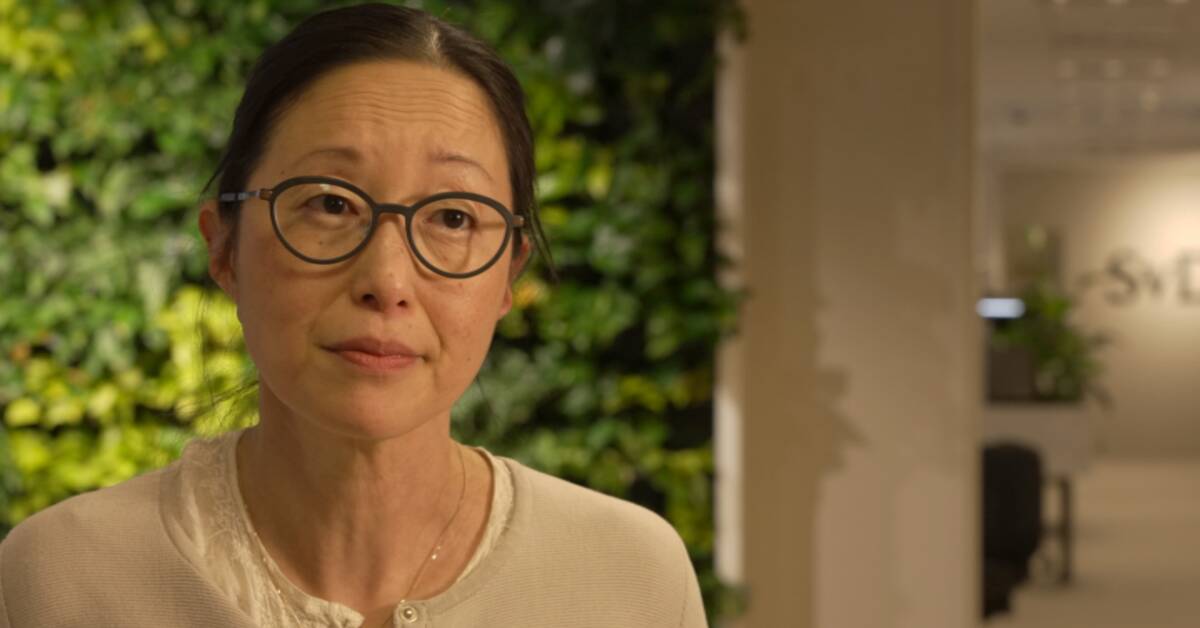The Iran expert and researcher Rouzbeh Parsi, program manager at the Foreign Policy Institute (UI), was booked as a speaker for the annual national conference People and Defense in Sälen to talk about sanctions as a security policy tool.
But after several member organizations and youth associations, including MUF and Grön ungdom, threatened to drop out if Folk and Defense did not delete the program item, the board chose in December to cancel the program item.
"The opposite of a healthy democracy"
In an editorial in Svenska Dagbladet, Tove Lifvendahl, political editor-in-chief of the same newspaper, criticizes the board's decision and believes that the cancellation culture has taken hold among the organizations.
- This kind of culture is about shutting out what you don't like.
Which I think is the exact opposite of what builds a robust and healthy democracy - namely that we are not afraid to think differently, says Tove Lifvendahl to Kulturnyheterna.
Among the member organizations, Rouzbeh Parsi has, among other things, been accused of doing the regime's business when, in his role as an analyst, he questioned the effects of far-reaching economic sanctions against Iran.
Rouzbeh Parsi has rejected the accusations and instead said that he was exposed to cancel culture.
According to Tove Lifvendahl, Folk och försvar's actions are a threat to the democratic conversation.
- The problem is when you let the cancel culture take place because it is an authoritarian and anti-intellectual culture that says I don't want to meet you in debate.
It is a development of a society that is incredibly dangerous.
Without the organizations – no conference
Kulturnyheterna has asked Folk og försvar for a comment that refers to its statement in SvD.
There, Göran Arrius, chairman of Folk och försvar, writes that the views of the member organizations carry a lot of weight:
"Without the member organizations at the National Conference, there would be no National Conference.
That was the basis for the board's decision to cancel the point with Rouzbeh Parsi, researcher at the Foreign Policy Institute."

